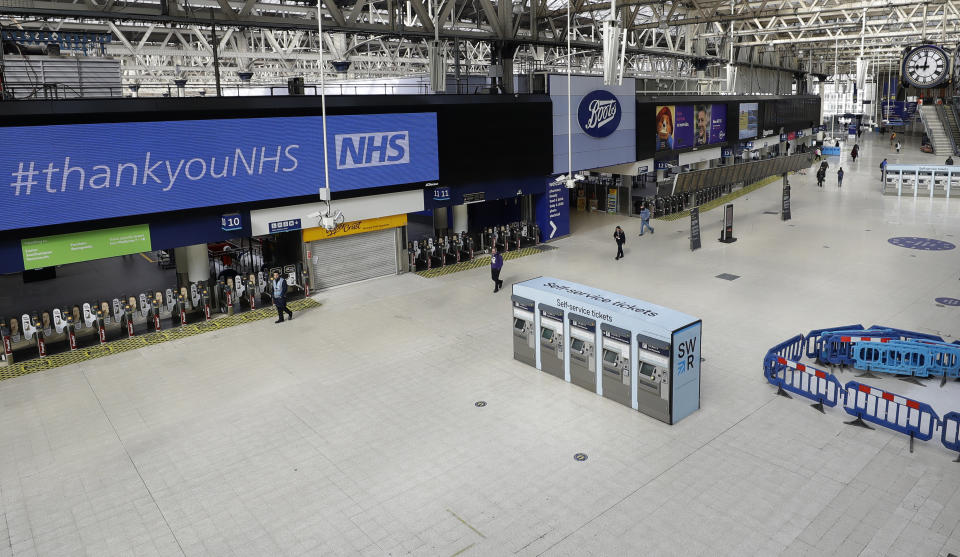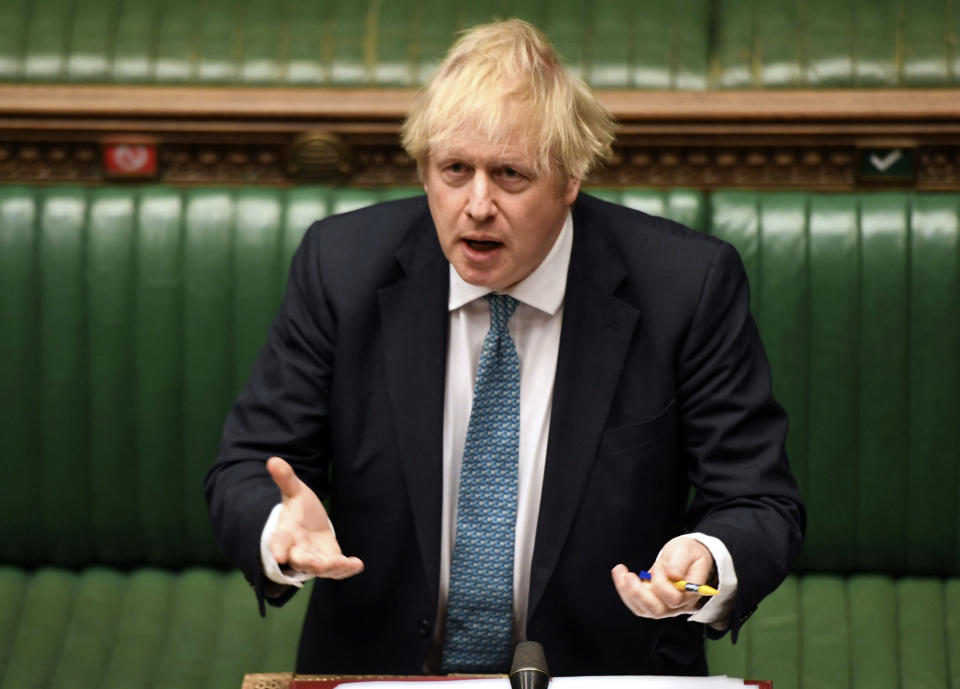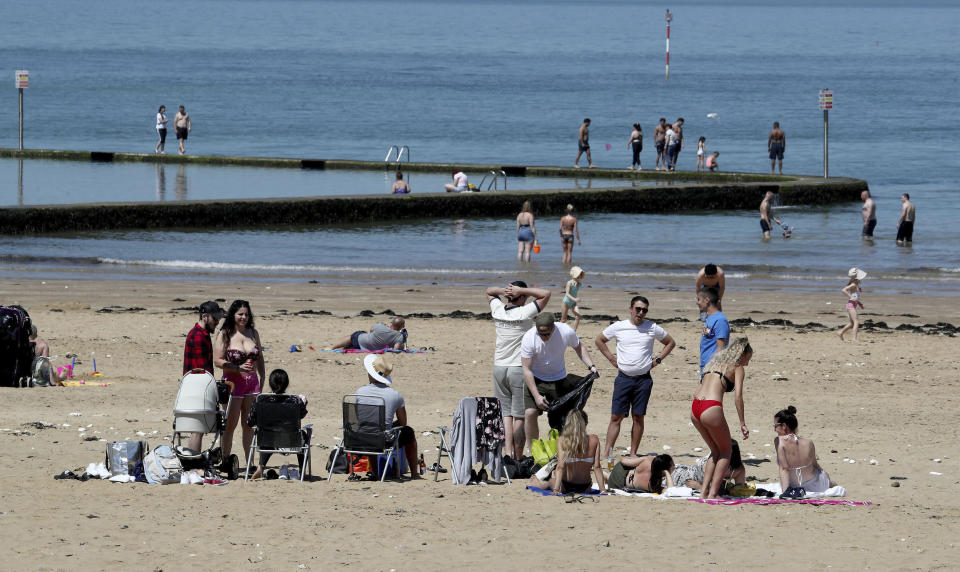Coronavirus: Lockdown must be lifted now because there is 'no alternative', scientists urge

While England has seen some lockdown restrictions relaxed, scientists have urged a full reopening of society to get the country back on its feet.
Boris Johnson announced an easing of some lockdown restrictions, which were brought in to stop the spread of coronavirus, earlier this month.
However, the easing measures – which include allowing unlimited exercise and a potential reopening of schools – do not go far enough, according to Tom Jefferson and Carl Heneghan from the Centre for Evidence-Based Medicine (CEBM).
They argue that there is now “no alternative” but to end lockdown in order to “start the engine of society again”.

They said: “Lockdown must be lifted in short order, simply because there is no alternative.
“To run essential services, we need taxes to be paid into state coffers. That is not possible if the economy is halted.”
Latest coronavirus news, updates and advice
Live: Follow all the latest updates from the UK and around the world
Explained: Symptoms, latest advice and how it compares to the flu
The government is considering a partial reopening of schools at the start of June, something Heneghan and Jefferson strongly support.
They added: “The education of a generation of schoolchildren will be blighted.
“We have the impression that politicians boxed in a corner are reluctant to let go of the strings and the media are incapable of seeing a bigger picture, grounded on what we know of previous pandemics and the little we know of this one.”
The pair argue the government and their scientific advisers “should not be subject to an inquest or criticism, which is not constructive”, saying they made decisions “on good faith”.

They added: “Any questioning and examination of events should take place very soon, not to castigate or score points but to learn the lessons and implement those changes that could see us more ready for any future similar challenges, be they six months or 100 years ahead.”
Research has suggested that a rolling cycle of 50 days of strict lockdown measures followed by 30 days of easing of restrictions could be an "effective" approach for managing COVID-19 until there is a vaccine.
This model would keep intensive care demand within capacity and "may allow populations and their national economies to 'breathe' at intervals", according to a study published in the European Journal of Epidemiology.
There are currently no effective treatments for coronavirus, and a vaccine that is widely available is likely to be at least a year away.
A continuous three-month strategy of suppression measures, such as strict physical distancing and lockdown, would reduce new coronavirus cases to near zero in most countries, the study indicated.
Looser mitigation strategies such as hygiene rules and shielding of vulnerable groups would require approximately six-and-a-half months to reach the same point, according to the research.
But the study suggested that such prolonged lockdowns would be unsustainable in most countries due to the potential knock-on effects on the economy and livelihoods.
Coronavirus: what happened today
Click here to sign up to the latest news, advice and information with our daily Catch-up newsletter

 Yahoo Finance
Yahoo Finance 

